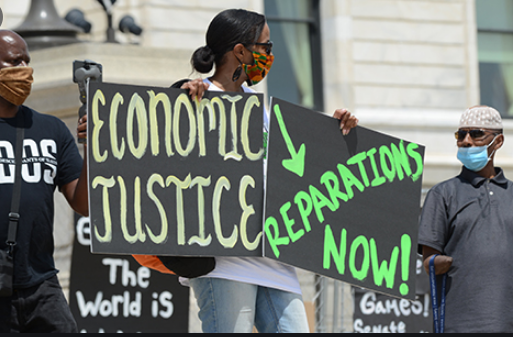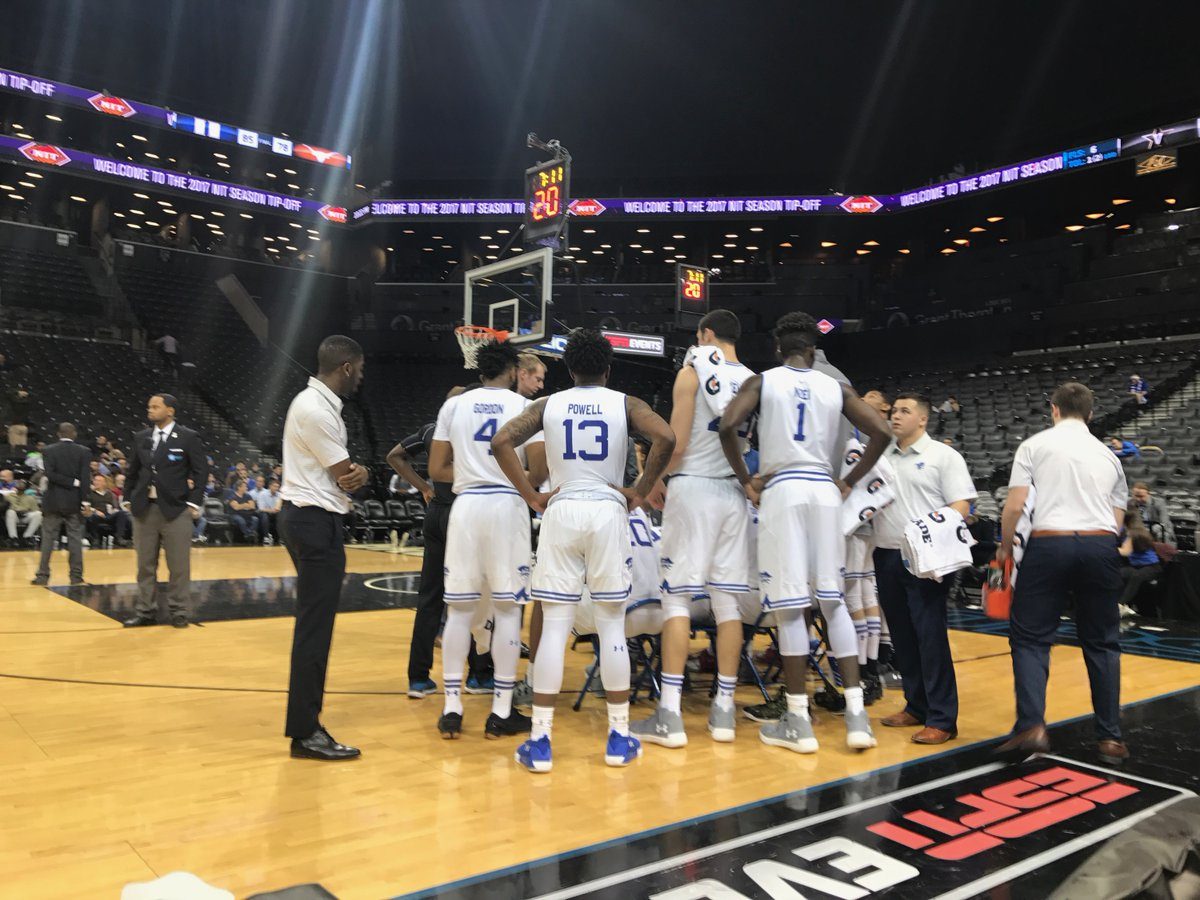Photos: YouTube\Fibonacci Blue & Boston University
This week, House Democrats slated a historic markup an debate for a bill that will study the issue of Reparations for African-Americans, whose descendants toiled for 246 years, uncompensated, and who were the main essential economic drivers that pushed the original 13 Colonies, and the later American nation into becoming a global superpower.
The legislation was first introduced nearly 30 years ago to establish a commission to examine slavery and discrimination in the United States from 1619 to the present and recommend appropriate remedies. That markup debate will start next Wednesday.
On Friday, the House Judiciary Committee announced that HR 40, a bill which would create a commission to study Reparations and purpose a remedy bill to congress, will see a congressional mark-up on April 14. This marks the first time in the bill’s 40 year history that it has been up for mark-up.
Jennifer Bellamy, senior legislative counsel at the ACLU, highlighted how this mark-up shows increased support behind the push for Reparations in light of America’s reckoning with racial justice:
“The aftermath of hundreds of years of enslavement left African-Americans facing rampant violence from lynchings to targeted massacres. Those who survived these horrific crimes were denied dignity in all aspects of civil life, a staggering racial wealth gap, and denial of equal voting rights. The resulting landscape left millions to suffer ongoing health consequences, both physical and psychological.
“Recently though millions of people took to the streets to protest the structured racism that serves as a foundation to this country. While that foundation is deeply entrenched — America has existed longer with slavery (1619-1865: 246 years) than without it (1865-2021: 156 years) — HR 40 is the vehicle through which America can finally analyze the impact of slavery and racism and begin repair.
“Congress has had the opportunity for serious consideration of the issue of Reparations for years. HR 40 has sat in front of Congress for the past 30 years and this mark-up shows that our elected officials are finally listening to the will of the millions who demand that we begin to repair the communities most harmed by racism and oppression. While this mark-up is a significant step in the right direction it is just the beginning. We will continue to fight until HR 40 is brought to a full floor vote and ask the Biden administration and Congress to put their full support behind the bill.”













